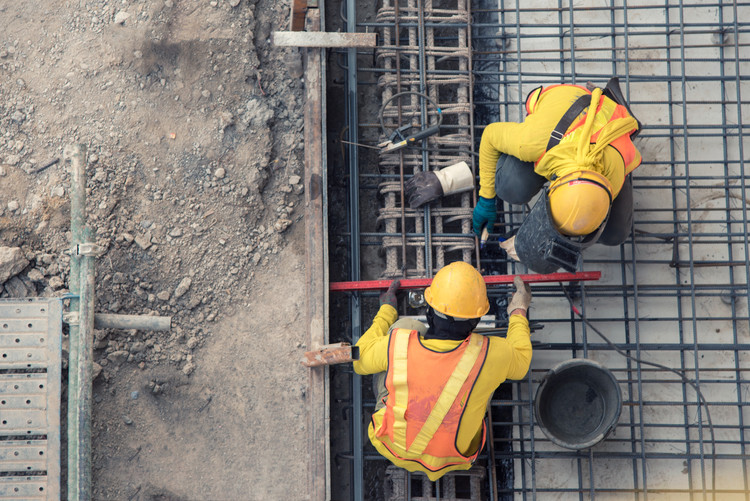On this year’s Workers’ Day, the Justice and Peace Commission would like to draw attention once again to the tragic fate of those construction workers who, in a pattern which sadly continues to repeat itself all too often, are losing their lives whilst trying to make a living. Serious workplace injuries and fatalities occur also in other economic sectors such as manufacturing. However, the highest number of workplace fatalities happen on construction sites.
Whilst acknowledging that construction is an inherently hazardous job, as testified also by the 369 non-fatal workplace accidents reported in this sector in 2021, as a country we cannot afford to reach a point where these tragedies are normalised by being presented as faceless statistical numbers. Pope Francis, in his first speech to local authorities at the Grandmaster’s Palace in Valletta, explicitly mentioned the “rightful dignity of workers” and that life should be protected “at every moment from being cast aside and deprived of care and concern”.
The Justice and Peace Commission deems that every accident is one too many and a concerted effort by all concerned must be made to ensure that negligence and lack of enforcement do not lead to such tragedies. According to the annual reports of the Occupational Health and Safety Authority (OHSA), a total of 10 fatal accidents in the construction industry happened between 2018-2020. In the first four months of 2022, two construction workplace fatalities have already been reported.
In a sector which on paper is already highly regulated, the Justice and Peace Commission believes that what is needed is a culture change which leads to proper enforcement and clear accountability. If the right to a safe, and healthy work environment is to remain truly universal and not become a privilege for the few all stakeholders must remain extra vigilant not to allow any form of rights backsliding.
To this end, whilst encouraging everyone to never become indifferent or desensitised to construction site fatalities, the Commission encourages the competent authorities to:
- Ensure that labour and construction laws are universally enforced, without exception, by providing adequate resources to authorities such as the OHSA which is responsible for workplace health and safety issues.
- Follow-up on the 2020 National Audit Office report which focused on the construction industry to identify any recommendations which have not yet been acted upon.
- Undertake an in-depth study involving all relevant stakeholders with the aim of analysing the underlying reasons behind these accidents, with a clear commitment to implement without delay the recommendations outlined in such a report and go beyond the knee-jerk reactions that follow the news of a fatality at a construction site.
- Promptly and heavily sanction, including by licence withdrawal, all employers who exploit any workers or are found to be responsible through negligence for serious injury or loss of life of their workers.
- Raise more awareness among construction workers about their right to a safe and healthy working environment and about the importance of making use of the safety equipment provided and following all other safety procedures.
The Justice and Peace Commission argues that the safety of construction workers must never be sacrificed at the altar of economic growth and limitless greed. A worker can never be reduced to a disposable cog in the wheel of a soulless economy. The purpose of any economic activity – including the construction industry – is that of serving people, favouring healthy relationships with each other and our natural environment, whilst promoting the common good.



